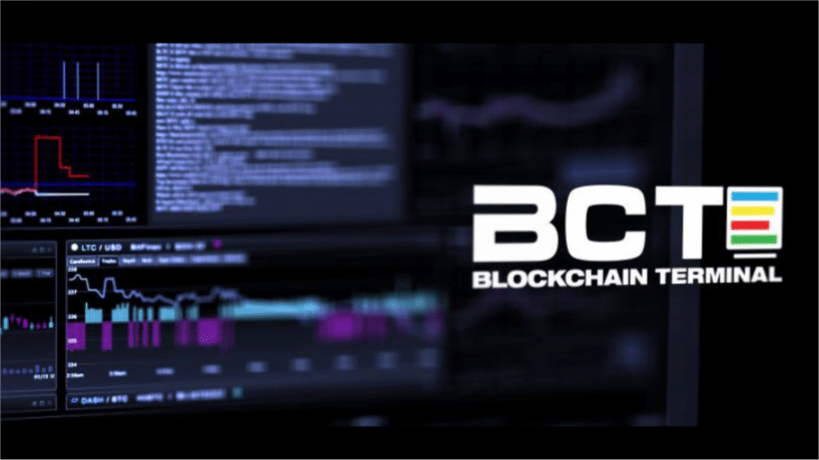Cryptocurrency exchanges need liquidity and hedge funds rely on volatility, so these risk-takers should be enjoying the current roller coaster ride in cryptocurrency prices. Instead, hedge funds have been retrenching from the crypto markets in 2018. The markets are accustomed to hedge funds going out of business, but the 10 hedge funds that closed at the beginning of 2018 came as a surprise to many, but not to the astute investor.
Financial regulators, not surprisingly, are strengthening their oversight of the over 200 crypto hedge funds that are still in business. So many of these funds lack preparation for a drop of 25 percent or more in the market, indicating weak risk management practices. Even those who keep trading profits in the black are likely to face increased compliance risk eroding gains owing to a lack of institutional-grade crypto trading systems. Hedge funds currently spend up to 10 percent of their operating budgets on compliance issues and face rising insurance costs.
The hedge fund sector as a whole, however, has not shied away from cryptocurrencies. One noteworthy newcomer is Soros Fund Management, led by legendary hedge fund manager George Soros. A short-selling hedge fund would have done well in the first quarter of the year whereas the losers in 2018 appear to have been pure risk-takers who expected crypto prices to continue their 2017 upwards trajectory. Recall that George Soros is known as the man who broke the British bank after he shorted the British pound in 1992 and made one billion dollars. No matter the speculative asset, the hedge fund manager has claimed to never put more than 30 percent of his capital at risk.
Real-Time Crypto Trading Compliance
The new hedge fund entrants to the cryptocurrency markets are a sign that opportunity still abounds for astute traders and risk managers. More importantly, new institutional-grade trading technology is being developed for cryptocurrency markets. The Blockchain Terminal (BCT), for instance, could have helped the defunct hedge funds monitor cryptocurrency compliance and trading risks in real time. The BCT creates a complete compliance loop by connecting regulators, hedge funds, and their compliance departments through transparent, encrypted trading records with embedded audit functionality. The advanced trading tools and services provided by the terminal, meanwhile, allow institutional traders to improve trading and risk management performance.
Designed for the converging crypto and traditional currency trading worlds, BCT could help hedge funds lower their rising compliance costs. Regulators have been pushing often opaque hedge fund trading activity into the spotlight with tightening trade reporting requirements. On the transparent Blockchain, transactions are executed by smart contracts, which link each transaction to the one before it, creating an immutable and trackable trading record. As mentioned, institutional-grade compliance and auditing functions are embedded in the system.
Real-Time Trading and Risk Management
The Blockchain Terminal provides a full suite of cryptocurrency trading tools and services over the secure digital ledger, including an institutional-grade order system, data, analytics, compliance monitoring and back-office functions. USB ports make it easy to plug in a hardware wallet.
A full view of trading activity can be provided across over 60 crypto exchanges and thousands of currencies alongside data, news, and social media streams. On this hybrid Blockchain, a private Blockchain maintains all private account and trade information while timestamped transactions are executed on a public Blockchain. The open source code allows third-party developers to develop trading algorithms and tools, which could be either proprietary or public. If institutional investors who spend billions of dollars a year on proprietary software development embrace the improved economics and efficiencies of the shared economy model, the BCT could become the Metatrader of the institutional crypto world.
One of the risks defunct hedge funds faced in the young cryptocurrency markets was the slow execution times when trading across the many disparate exchanges. Currently, tracking trade performance such as the aggregate value of open trade positions or unrealized gains is slow and inefficient across the various platforms. Engineered for professional trading, the robust Blockchain Terminal provides a consolidated order book to provide real-time buying and selling data on crypto and fiat assets across many exchanges and currencies. Trading speed, as in the forex markets, will be a key competitive advantage in cryptocurrency and converged crypto-fiat trading.
The Blockchain Terminal is currently being tested by several dozen hedge funds with several billion dollars in assets under management. Hedge funds struggling to adapt trading systems for cryptocurrencies can be up and running with the Blockchain Terminal and gain a complete picture of the crypto market. The initial coin offering is live and running until April 30, 2018.
Join the token sale at tokensale.bct.io and visit the website: bct.io for more information.
Blockchain Trading Terminal Seeks to Improve Hedge Fund Crypto Compliance and Trading Performance
